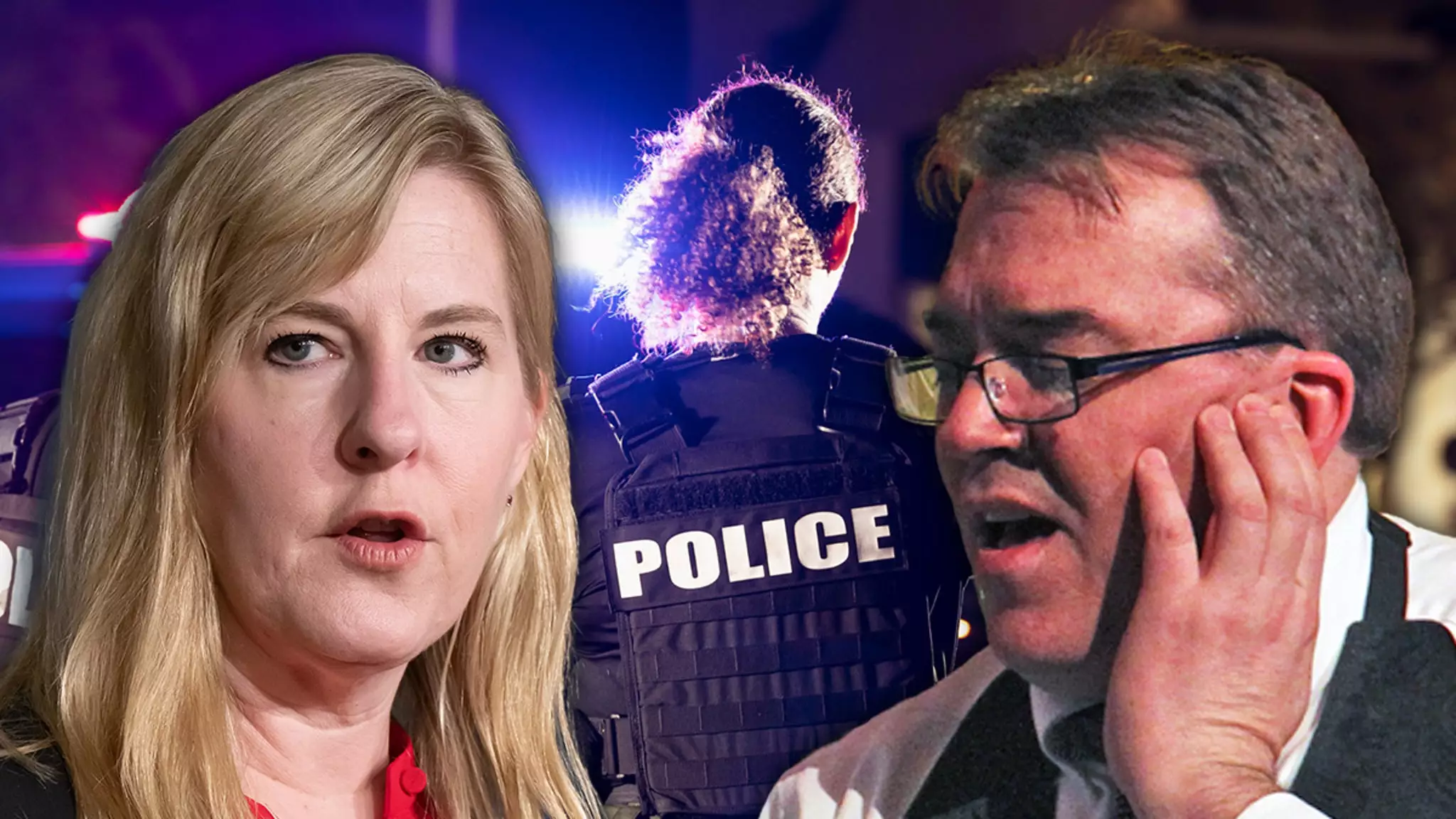The recent shocking events surrounding the shooting deaths of Minnesota’s Democrat State Rep. Melissa Hortman and her husband, Mark, serve as a grim reminder of the increasing volatility within American political discourse. As reported, authorities discovered a manifesto in the suspect’s vehicle, detailing intentions that stretched far beyond the tragic loss of two lives. This harrowing document enumerated “names of many lawmakers and other officials,” revealing a deeply disturbing mindset that sought not only violence but a wave of terror directed at elected representatives. It raises questions about the deep-seated issues contributing to such extremist behavior and how we, as a society, respond to politically motivated violence.
The Flirtation with Anarchy
Even more alarming were the flyers for “No Kings” demonstrations found in the suspect’s SUV, aimed at inciting a revolt against authority figures in Minnesota. This development has led local officials to urge the public to avoid these gatherings, highlighting the serious potential for further unrest. The abhorrence of violence lives at the heart of democracy; the idea that expressions of dissent could morph into lethal actions points to a critical failure to police the margins of acceptable debate. Instead of engaging in reasoned discourse, the suspect’s intentions reflect an alarming resignation to violence as a supposed solution to political grievances.
The Ripple Effects of Political Violence
On the morning of the shooting, Brooklyn Park, Minnesota, became the epicenter of fear, as entire neighborhoods were placed under shelter-in-place orders while authorities pursued a fleeing suspect. The consequences of such tragedies ripple far beyond the immediate horror of the crime; they stoke insecurity within communities and undermine public confidence in their representatives. Governor Tim Walz’s condemnation of “all forms of political violence” serves more as a rhetorical gesture when the stakes have now escalated to actual lives lost in this fraught political climate. What happened to Hortman and her husband is a stark reminder of the necessity for action, not just words, against this burgeoning landscape of violence.
Political Leaders and the Responsibility of Rhetoric
In the wake of this incident, the response of political leaders—specifically from figures such as former President Donald Trump—provides another layer to this grave situation. While calling for thorough investigations led by the Attorney General and the FBI is essential, it must go hand in hand with a more profound reckoning. The rhetoric used in political arenas has a tangible effect on everyday citizens, inciting fear and mistrust. It’s vital that leadership across the spectrum reflects on the power embedded in their words, steering away from violent imagery and divisions that can catalyze real-world consequences.
Furthermore, the attempted assassination of Democrat State Sen. John Hoffman, underscoring the randomness of this politically charged violence, serves as a wake-up call. There lies a shared responsibility among leaders, media, and citizens to cultivate environments where debate flourishes peacefully and dissent does not equate to death. In these perilous times, the notions of civility and respect must be reinstated before political discourse devolves further into chaos and bloodshed.

